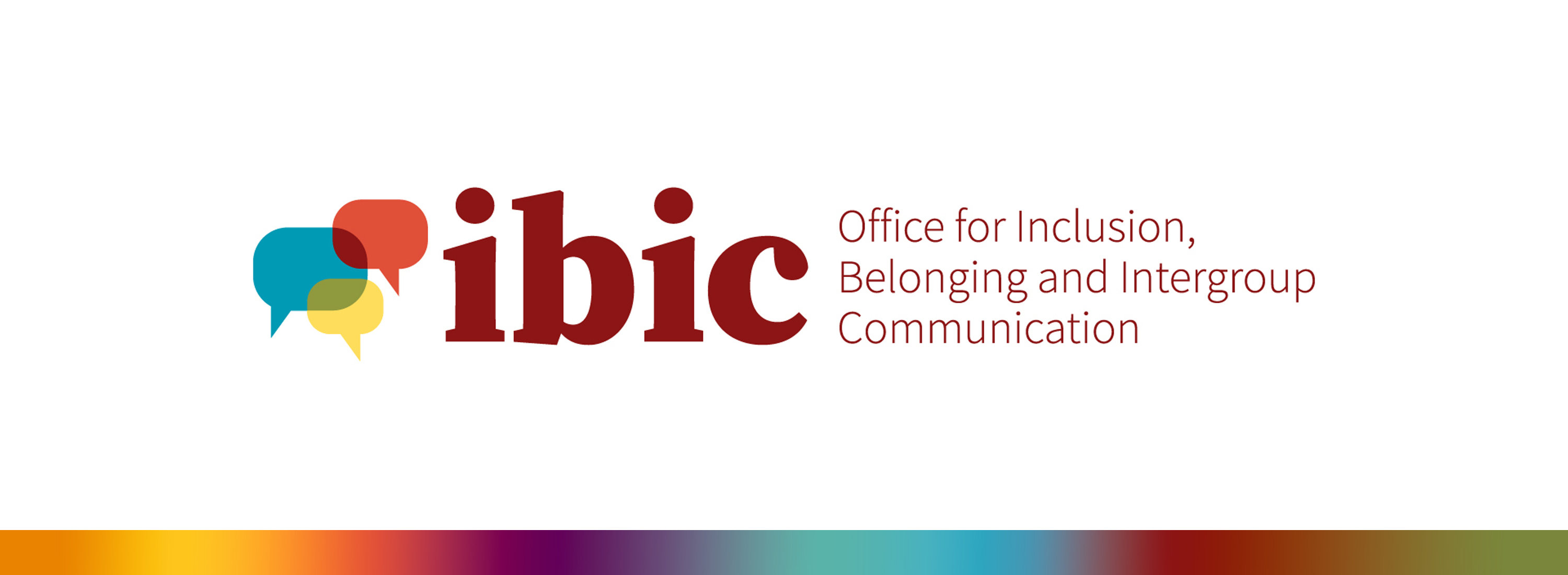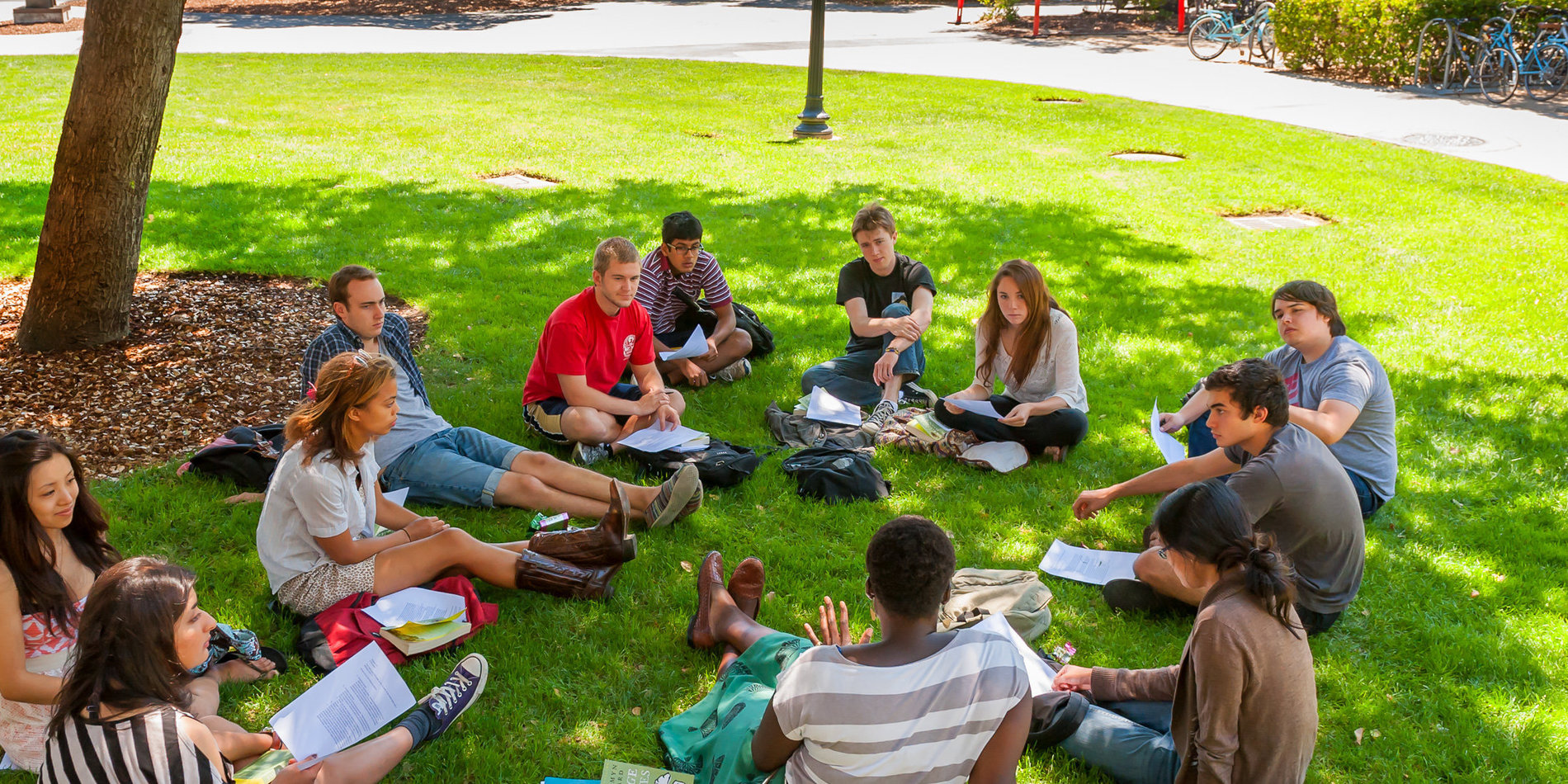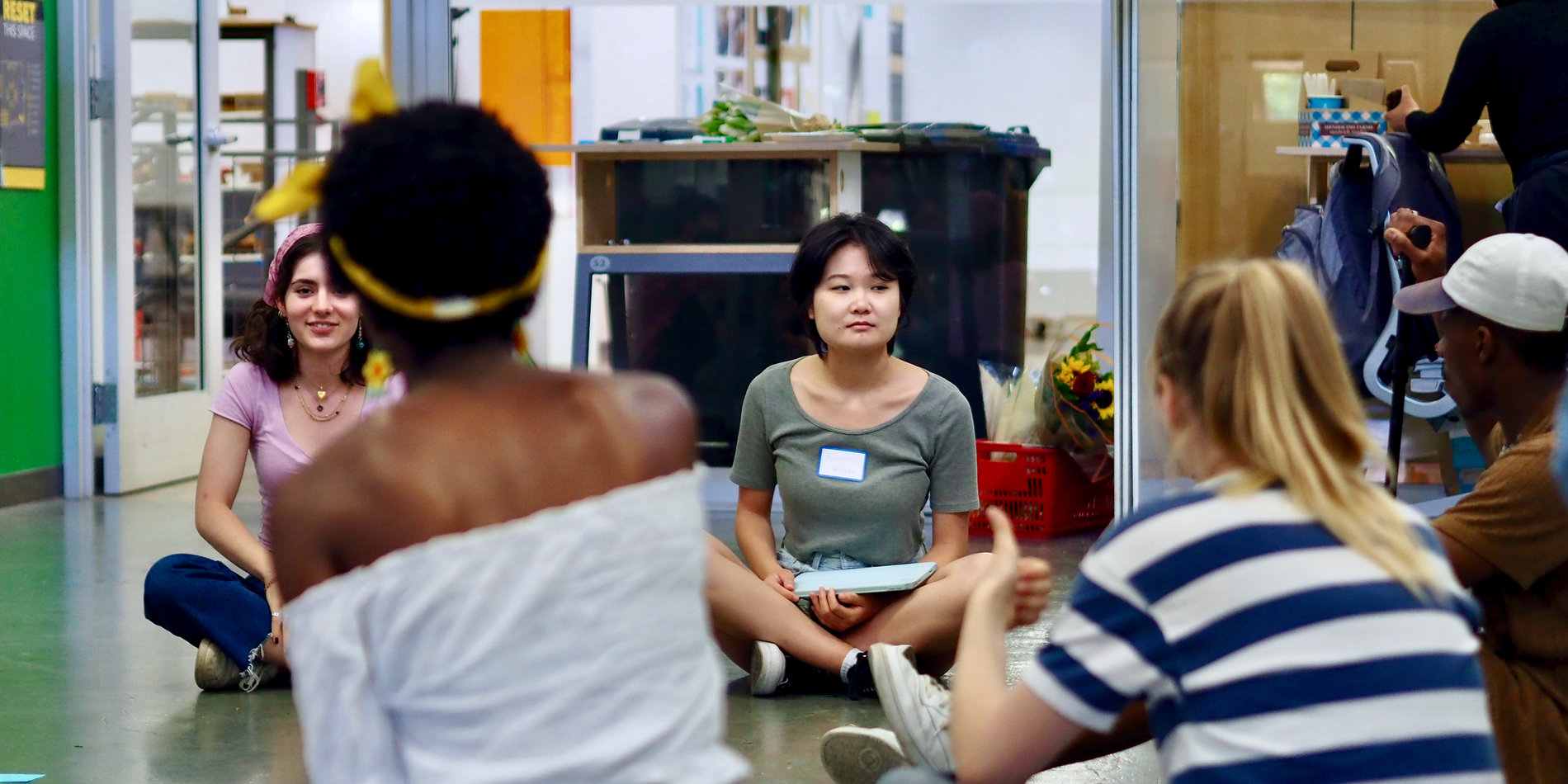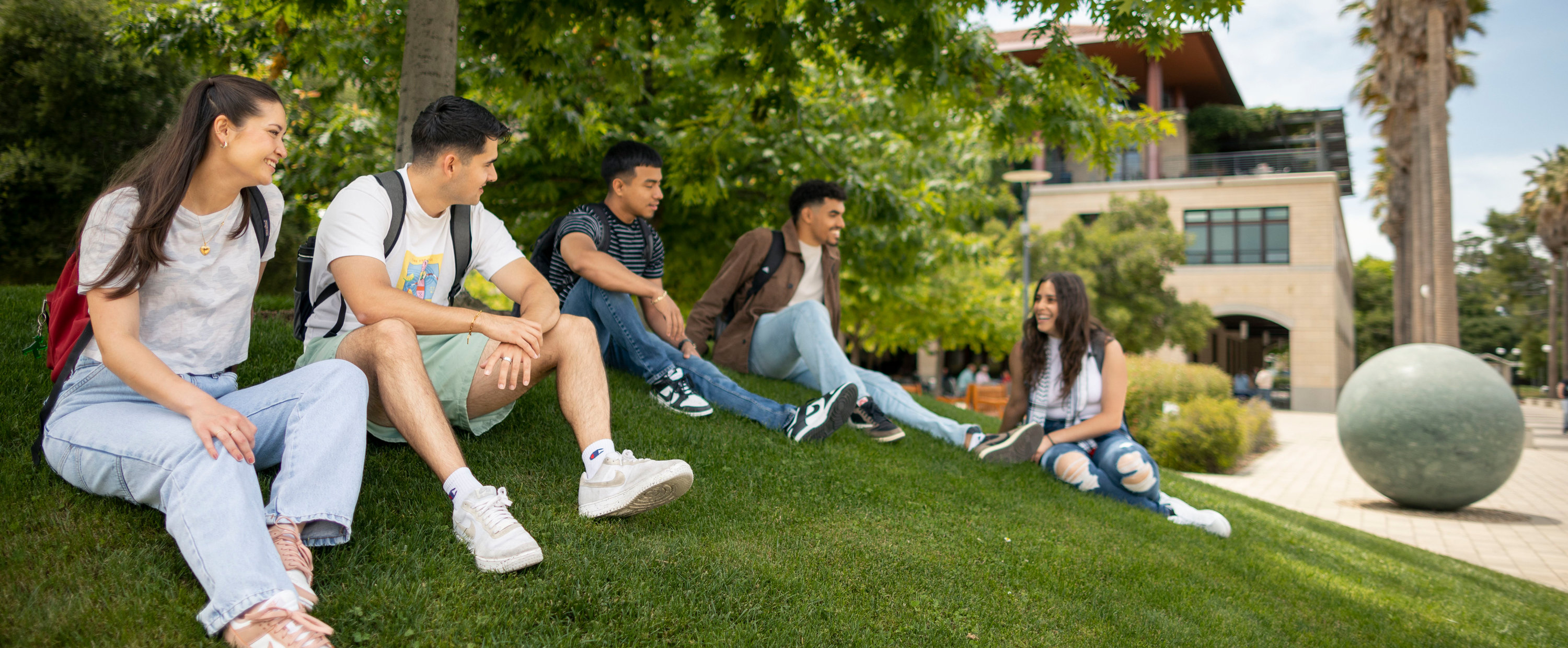Main content start

Stanford University’s Office for Inclusion, Belonging and Intergroup Communication (IBIC, pronounced I-B-I-C) works to build communication and understanding across difference.
Learn more about LINKS Workshops for Students and request a workshop today! (Videographer: Shirley Yumeng He)
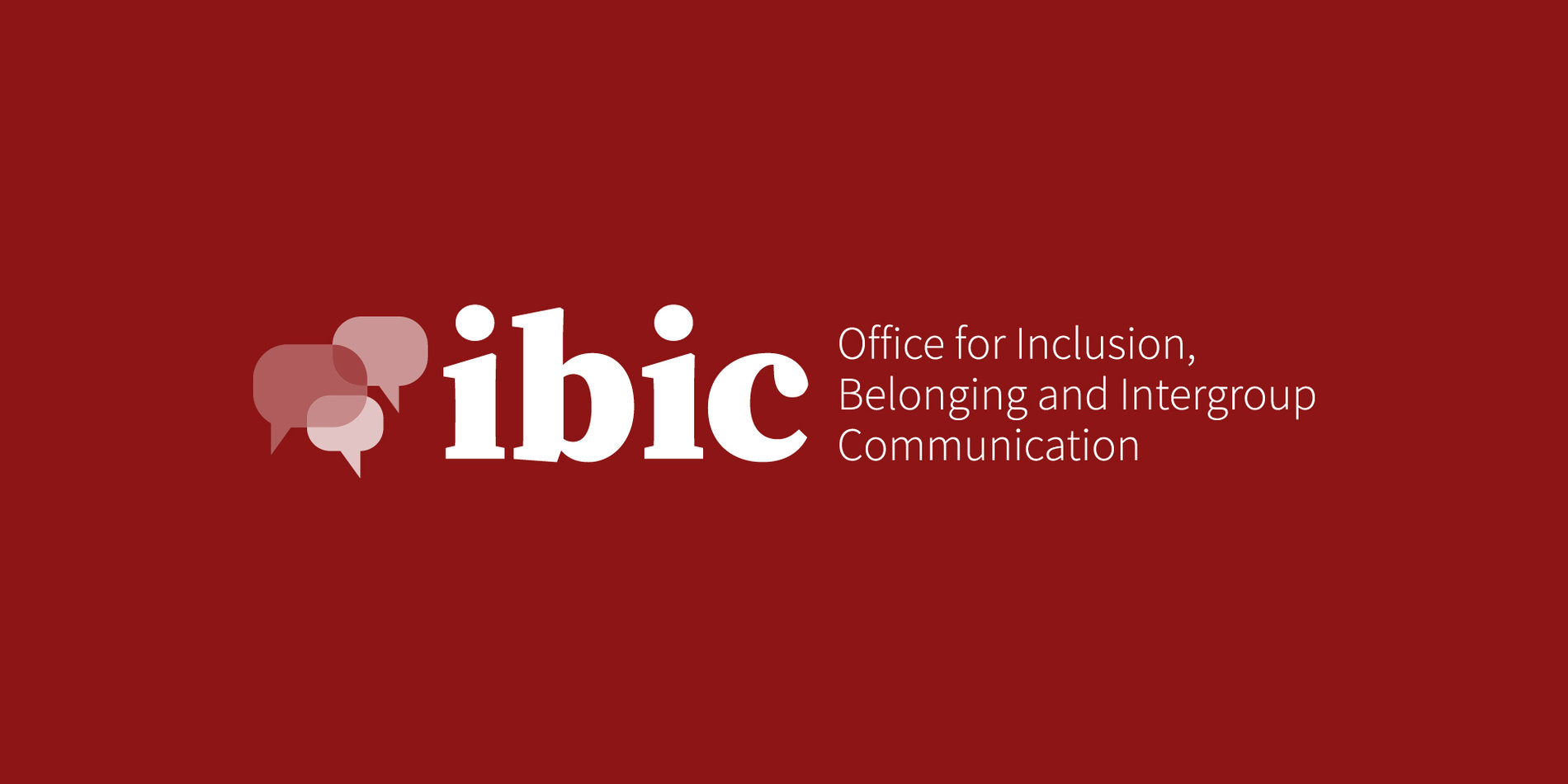
IBIC Newsletter
Every month, our office sends out a newsletter full of student spotlights, announcements and engagement opportunities.
To see past newsletters, click on the links below.
To receive our monthly newsletter in your inbox, sign up to our listserv.
